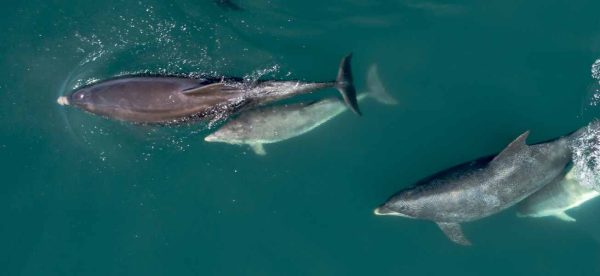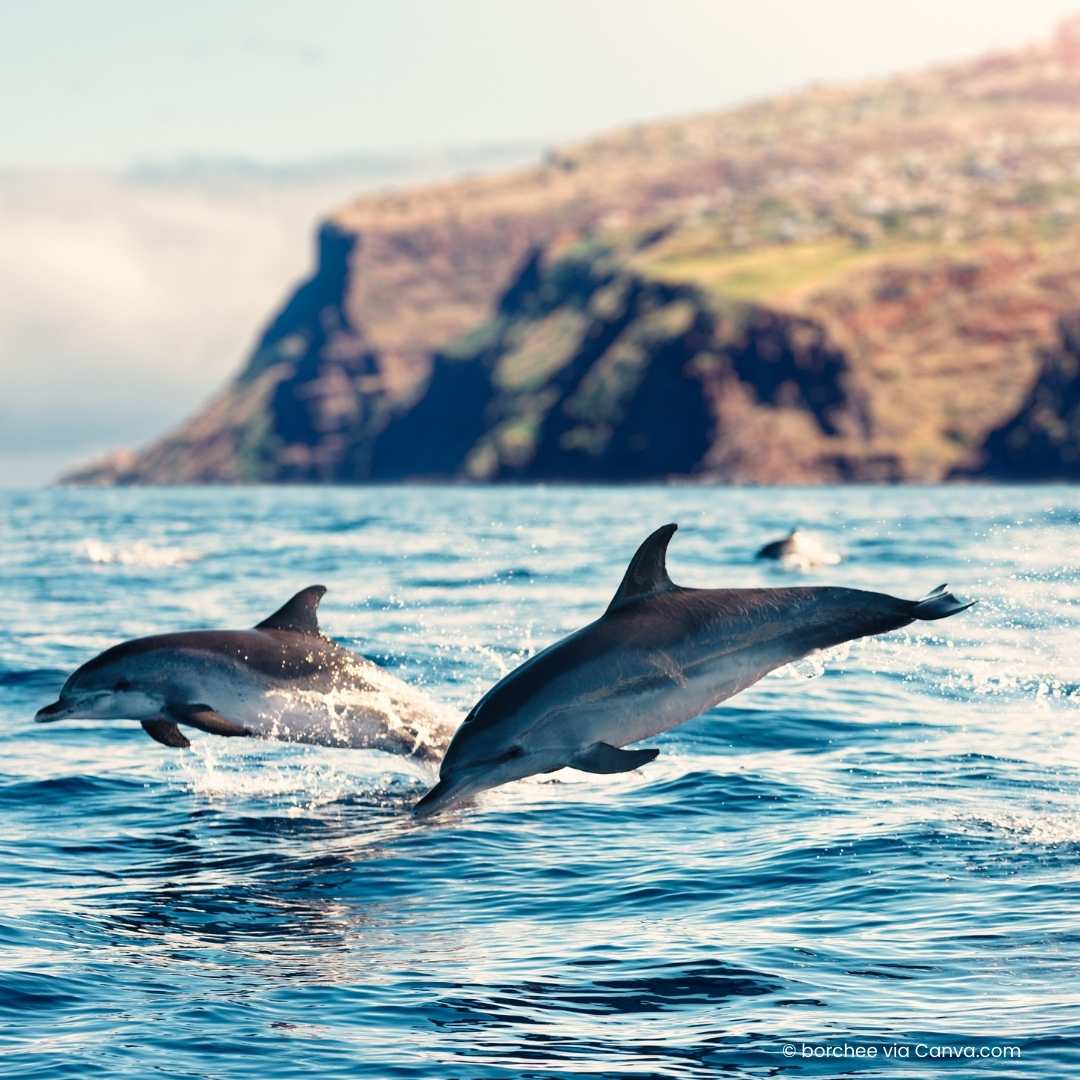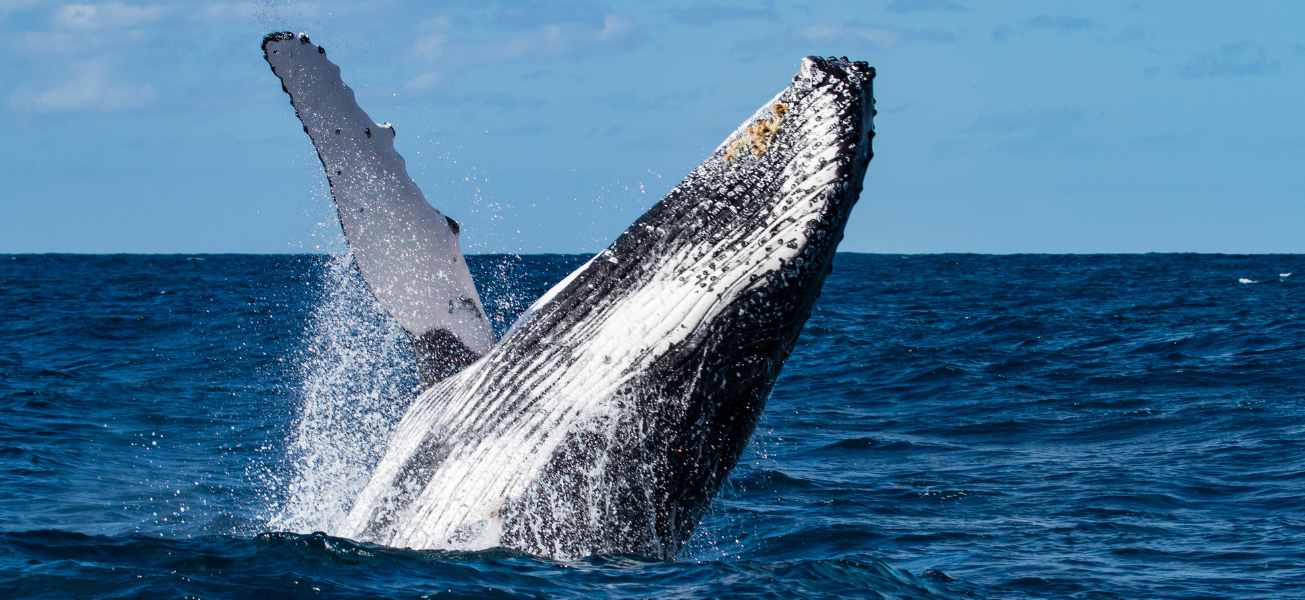Volunteer to experience the thrill of watching whales or dolphins while contributing to marine conservation
What's the opportunity?
Are you passionate about protecting marine mammals and ensuring responsible practices in tourism? We’re seeking dedicated volunteers from South Australia, Western Australia, New South Wales, Queensland, Victoria and Tasmania to help us assess marine mammal tourism providers and check out dolphin and whale watching lookouts.

Cloudvisual
What’s involved?
- Attend a webinar: Attend a brief 20-minute online training sessions to understand responsible tourism practices and what’s involved with completing your assessment.
- Experience an unforgettable tour: Embark on a whale or dolphin watching tour or check out an incredible dolphin or whale watching lookout.
- Make a difference: Observe and document the operator’s practices using our user-friendly checklist, helping us ensure they prioritise animal welfare and habitat protection.
Your observations will be crucial in ensuring that we only support businesses that treat these majestic creatures with respect and protect their habitat.
What’s included?
We’ll reimburse the cost of your tour ticket, and ask that you cover travel to and from the tour or lookout.
What’s the time frame?
- Submit your interest in volunteering as soon as possible.
- Complete your observation during whale season by 30 September 2024. Please note that observations are best completed during whale season, which starts in June or July, depending on the location.
- Submit your completed verification checklist within 1 week of attending the tour.
Frequently asked questions
You must be at least 18 years old, able to travel to and from the tour or lookout, and be in good health.
While there is a good chance you will see a whale or dolphin, there is no guarantee that you will do so.
We are assessing applications on a first come, first serve basis as spots are limited. So get in quick.
We have already vetted a comprehensive list of operators and land based spots and we are only asking you to visit a tour provider that has already confirmed they comply with the guidelines. As such, we will assign you one of the previous vetted operators in your preferred location.
The checklist is a digital document that you can easily access and complete on your smartphone or tablet during or after the experience.
For tours, your observations will be used to assess the operator’s commitment to responsible practices and help inform us whether to include the operator in the new Responsible Marine Mammal Tourism Guide.
For lookouts, your observations will help provide other people with critical information about the spot in the new Responsible Marine Mammal Tourism Guide.
The operator agrees that they meet the following requirements:
- Complies with relevant regulatory requirements: Complies with relevant federal legislative requirements, state or territory legislative requirements and applicable voluntary codes of conduct, codes of practice and guidelines.
- Follows the National Guidelines: Follows all of the recommendations in the Australian National Guidelines for Whale and Dolphin Watching 2017.
- Permits: Has permits to operate the tours from relevant authorities, and complies with any additional conditions imposed by those permits.
- Does not offer swim or feed experiences: Does not permit people to swim with, touch, or feed marine mammals.
- Does not support captivity: Does not support keeping animals in captivity for entertainment.
- Limits vessels in the caution zone: Operator’s vessel stays in the caution zone for maximum 30 minutes if 3 vessels are present, and maximum 10 minutes if a 4th vessel is waiting to enter the caution zone.
- Environmental stewardship: Focuses on optimal use of resources, operations leave minimal impact on the environment and contributes to conserving the environment, as demonstrated with certification from a reputable ecotourism certification scheme.
- Educational engagement: Provides passengers with educational information about cetacean conservation, including information on local species, habitats, behaviours, threats facing the local area and the conservation status of the animals in the region.

